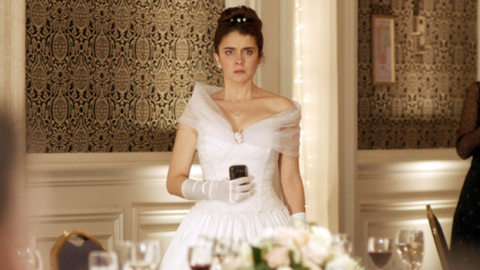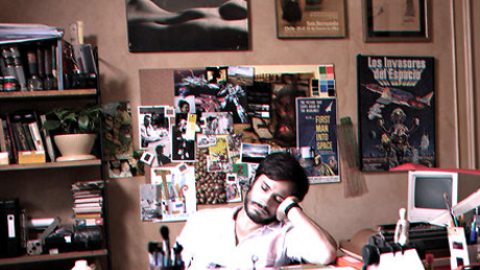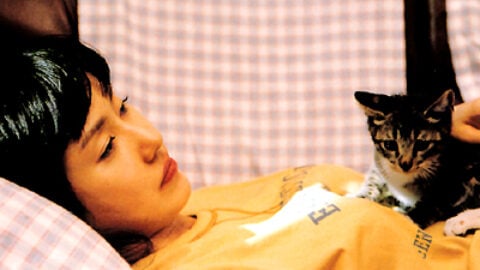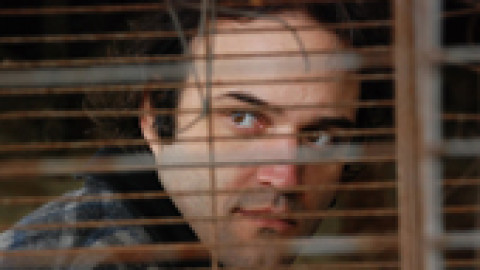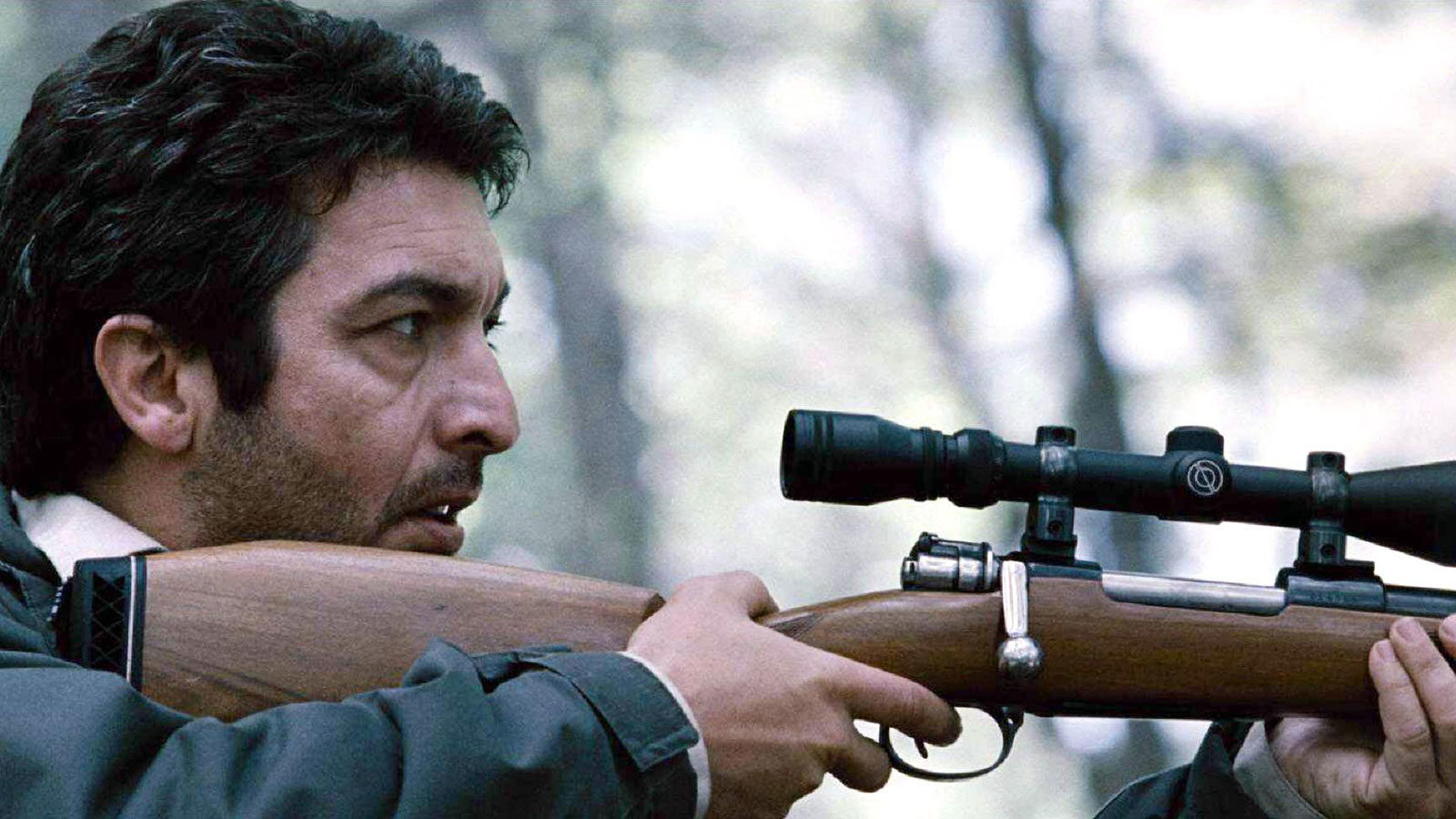
Best Laid Plans
Fabián Bielinsky’s The Aura arrives with an unanticipated burden: the director’s sudden death at 47 just after completing his second feature gives it the weight of a testament, all the more so because it is so distinctly different a film from Nine Queens (00), his very popular picaresque comedy on the venerable theme of the scammer scammed. Bielinsky was a late-blooming filmmaker. He had worked for some 20 years as an assistant director, and when he did finally make his first film, its unassailable exactness of surface and mechanical perfection of plot development revealed an artist determined to realize himself completely in one go, lest there never come another chance.
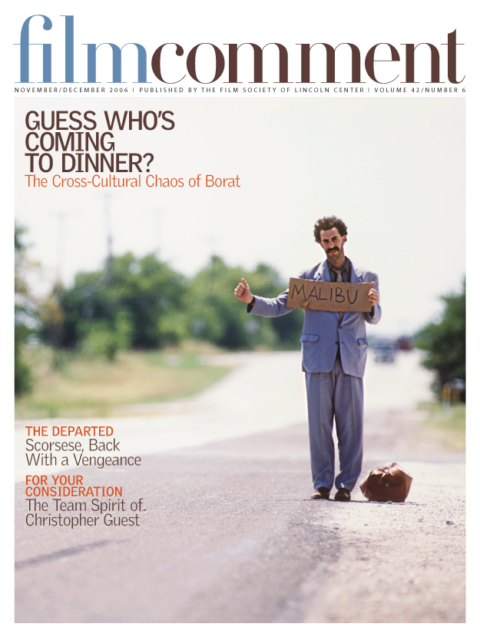
Nine Queens was not only about the concocting of elaborate deceptions but was itself an instance of it. With great elegance, Bielinsky managed to make a film in which not a single image shows what it purports to show, while sustaining a dramatic clarity that indicated he had carefully studied the work of the director he declared his favorite, Billy Wilder.
Nine Queens was tight, rapid, almost airless in the way it hewed relentlessly to the aesthetic of the scam. Nothing—and certainly not any certifiable emotion on the part of any of the characters, beyond the joy of taking and the sorrow of being taken—was permitted to intrude on Bielinsky’s well-wrought scheme. The Aura may well disappoint viewers expecting a reprise of the earlier film’s exhilarating speed and deadpan humor. If Nine Queens was a comedy of urban streets and suites, The Aura is a dream journey into the wilderness—slower, more open-ended, less obviously satisfying in its manipulation of plot turns yet creating a more insidiously lingering emotional effect.
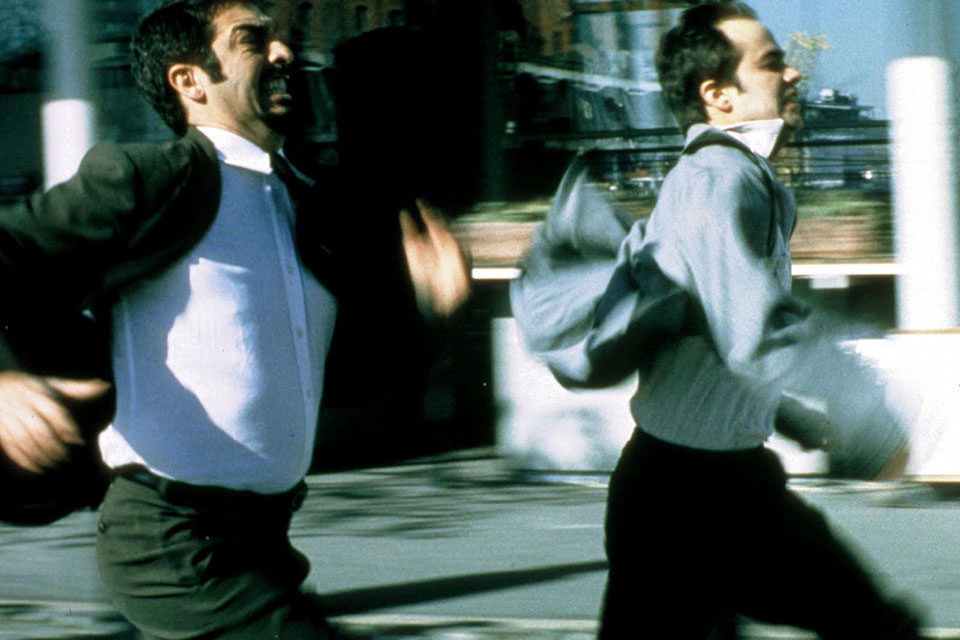
Nine Queens
Yet plot turns are central here no less than in Nine Queens. It would seem that for Bielinsky plotting was not merely the point of his films but their subject matter: the underlying story here again is of the plotter caught in someone else’s plot. The protagonist, an epileptic taxidermist with a photographic memory and an obsession with committing the perfect crime, is played by Ricardo Darín, who incarnated with such impeccable wiliness one of the swindlers of Nine Queens, but who is here given a more thankless role: a man almost devoid of personal expressiveness, isolated, awkward, living always on the verge of the catatonic fits that strike him down at irregular intervals. Darín’s performance is remarkable as the embodiment of the antisocial loner who springs—or, perhaps, lurches hesitantly—into action when he is given the opportunity to realize his fantasy of a flawless heist.
The heist, when it comes, and the all too predictable violence among thieves that follows in its wake, drop us squarely back into the dramatic universe of a Fifties paperback crime novel. But the process by which we are brought to that point is more mysterious in its workings; the details that set up the plot are more resonant than the plot itself. In early episodes we are introduced to the taxidermist as he regains consciousness following a seizure at an ATM, watch him ply his trade with obsessive attention to detail, and are shown an imagined enactment of his dream robbery as he waits on line in the payroll department—fantasy neatly intercut with the everyday. A friend—if that is the appropriate term for someone who treats him with scarcely disguised contempt—invites him on a hunting trip in the south.
The journey to the south, the progression into deeper and deeper forest, the arrival at a ramshackle outpost, the stalking of game in the pristine woods—all this takes on a life of its own, with more than a hint of the fantastic. In his student days Bielinsky adapted stories by Cortázar and Borges, and there is an echo here of such early influences. The outpost inevitably calls to mind Heart of Darkness, with the gamekeeper a mysteriously absent Kurtz, but leaving behind as testimony to his fearsomeness his abused and fearful dependents and a black dog out of a 19th-century ghost story. Strange powers are hinted at: the taxidermist’s epilepsy announces itself with the “aura” of the title (“as if a door opened in your head that let things in”), and he is gifted with a capacity for orienting himself in unknown wilderness. An animal’s death is prevented, but in the next instant a person is killed as if in substitution. Strangers show up in the dark; a cabin in the woods holds diagrams that suggest complicated mysteries. The forest is an all-encompassing presence, and time slows down as if under its influence.
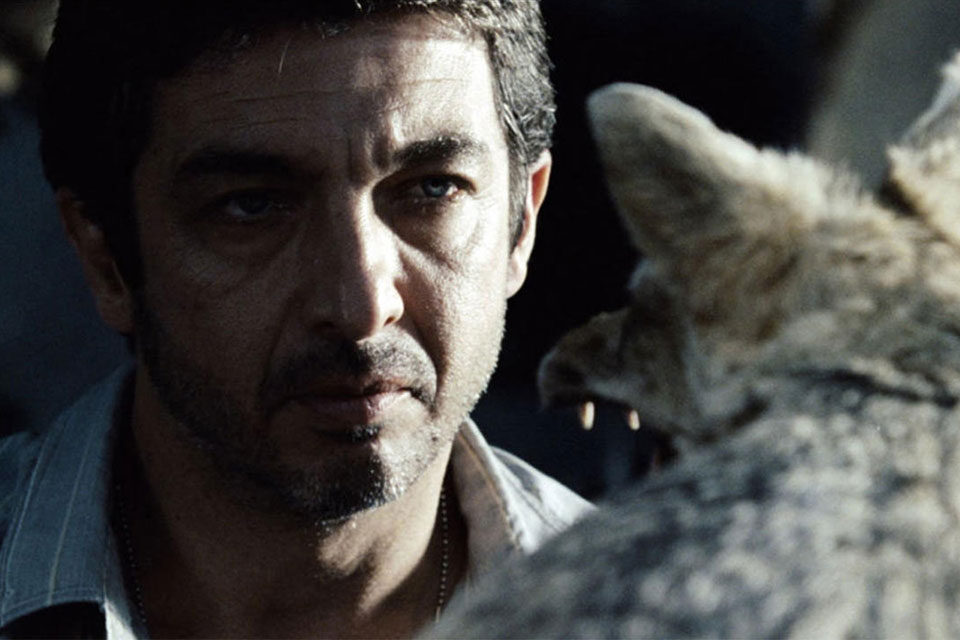
The Aura
The voluptuous slowness with which the story unfolds, the silence of the protagonist, the mesmerizing force of the locations (the film was shot in Bariloche in southern Argentina) combine to genuinely unsettling effect. As the pieces gradually come together, and the taxidermist finds himself in the middle of—in fact, directing—a genuine heist that will enable him to emerge from his solitude into action, The Aura takes on the harsher, more clipped accents of a crime movie: a shootout at a factory, a visit to a truck-stop brothel, behind-the-scenes corruption at a provincial casino. After the suggestive dreaminess of the earlier episodes, it is something of a disappointment that the gangsters turn out to be much like the gangsters we have seen in other movies.
If less neatly realized than Nine Queens, The Aura is the more ambitious film. It is all the more haunting for suggesting narrative possibilities that Bielinsky was just beginning to explore. His two films will remain as the legacy of a genuine storyteller—and there are never all that many of those around.



